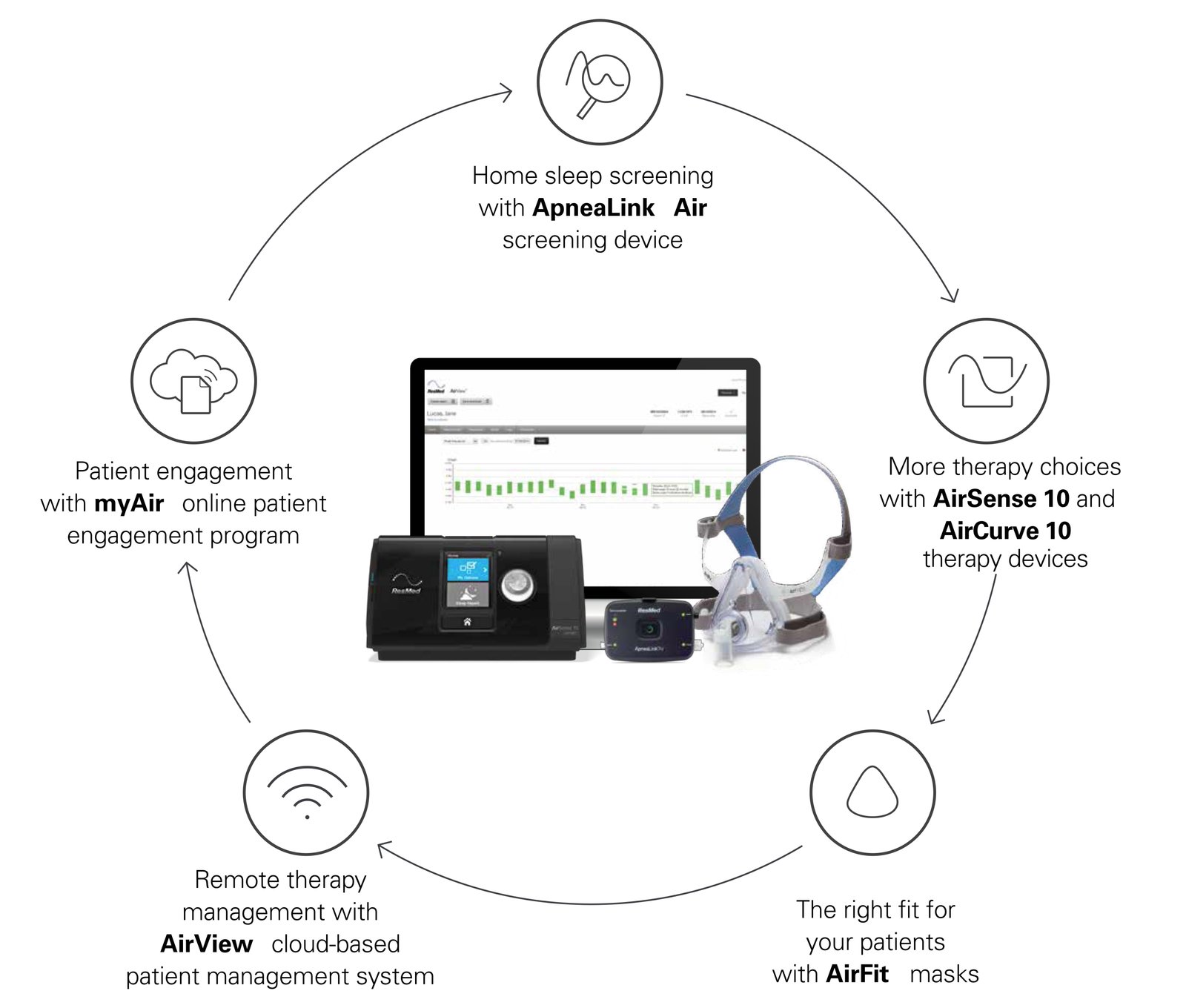
Why do we Snore?
In simple terms, we snore when our body is not able to move air freely through the nose and throat - while we are asleep. In terms of anatomy, snoring is a result of a partially closed upper airway or the upper respiratory tract – that includes the nose and throat. Excessive relaxation of the neck muscles is the leading reason for snoring. This is because the upper airway partly closes and becomes too narrow, and it causes very little air to pass through to the lungs.

